Imagine that you are standing on the road and a semi truck is heading directly to you. And you cannot move. You are paralyzed. You know what is going to happen but you can do NOTHING.
Now imagine that you experience this every day, several times a day.
You can’t escape this. It happens without warning. It is intense. It is crippling.
The fear is irrational and the person experiencing it knows that it is. But knowing it and being able to stop it are two different things.
Anxiety affects the way that people feel and how they behave. There are varying degrees as well. A mild anxiety may leave a person feeling vague and unsettled while a more severe anxiety can be debilitating.
People who suffer from anxiety will recognize it because there are physical as well as emotional symptoms. The following are some of the physical symptoms that are common in people who are suffering from anxiety:
- Tense muscles
- Trembling
- Churning stomach
- Nausea
- Diarrhea
- Headache
- Backache
- Heart Palpitations
- Numbness or tingling in the arms, legs or hands
- Sweating and flushing
These symptoms also are similar to those suffering a heart attack. When people become worried they are suffering a heart attack this can increase the anxiety and therefore the symptoms. It’s a viscous cycle that results in more physical symptoms, emotional upheaval and in the long-term, more negative physical effects to the body.
Anxiety is triggered by stress in our lives. Unfortunately some of us are more vulnerable to anxiety than others. But, even those who become anxious easily can learn to cope and manage it well.
In reality we all feel anxiety at one time or another. Earlier mild anxiety was described as that vague and unsettled feeling that we sometimes experience. At some point we may even describe that as a gut feeling that something isn’t right.
There are some people who have learned to cultivate that ability to discern when something isn’t exactly right by ‘listening to their gut feelings’. However, that slight unsettled feeling can become a problem when it grows and interferes with life in the absence of any real threat or it goes on long after the danger has past.
Feelings of anxiety are indiscriminate in that they affect men, women, children and the elderly. Some researchers believe that there are genetic factors that can predispose a person to developing anxiety but that theory continues to be evaluated and tested.
Other professionals believe that anxiety is actually a learned behavior that happens after a person has been exposed to a highly charged environment in which their safety was challenged and after which they weren’t able to work through the issue. For those people new situations which may appear to be like the first condition will trigger feelings of anxiety. And in these cases there may be conditions in the environment that trigger an anxiety attack which the person isn’t aware is present.
Some scientists also believe that the continual presence of a person with anxiety disorder can have a negative effect on the people around them. It appears that people can learn anxiety disorders from other people which whom they have regular contact.
In other words many professionals believe that anxiety disorders are behavioral conditions which are activated by repeating a cycle and that the person experiencing anxiety may not be aware of the cycle.
Take for instance a woman who suffers from being raped. This condition is severe and can trigger high degrees of stress leading to an anxiety disorder. In subsequent situations that place her in positions of being submissive — say a dentist chair or eye doctor — she can have a severe anxiety attack. She knows that her physical well-being is safe but the behavioral and psychological symptoms are unmanageable without help because the position in which she finds herself brings up feelings of fear and high stress.
Anxiety can develop regardless of age or sex but is statistically more common in women. Children with a diagnosis of anxiety disorder are also becoming more common place affecting children of all ages. Children who are younger than puberty may suffer from anxiety disorders because they are witness to an event or they are exposed to adults who use it as a coping mechanism. During puberty children are faced with their own mortality and have an increasing awareness of the challenges they will face as they grow into adulthood.
In the elderly anxiety may develop because of the changes in their life circumstances revolving around children leaving the home or financial situations. They may also have an altered perception of their position in their family, community and the world. Too many times the elderly in society are passed over by politicians, family members and employers because they are perceived to have nothing left to offer the world.


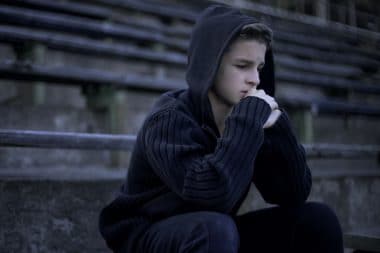
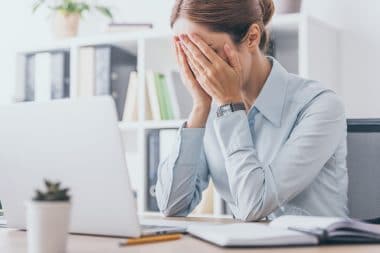
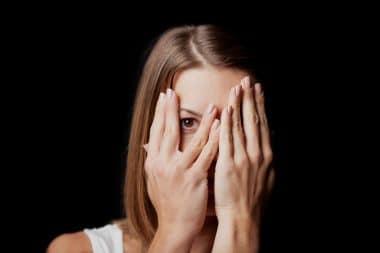
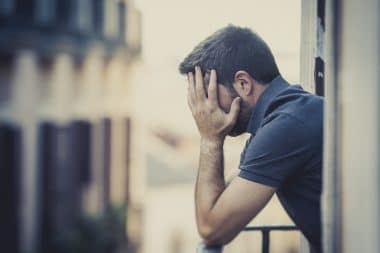
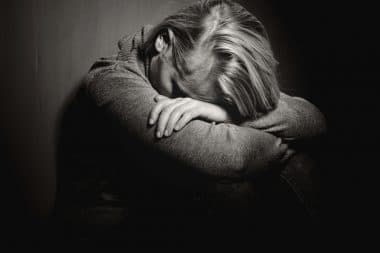
Reply